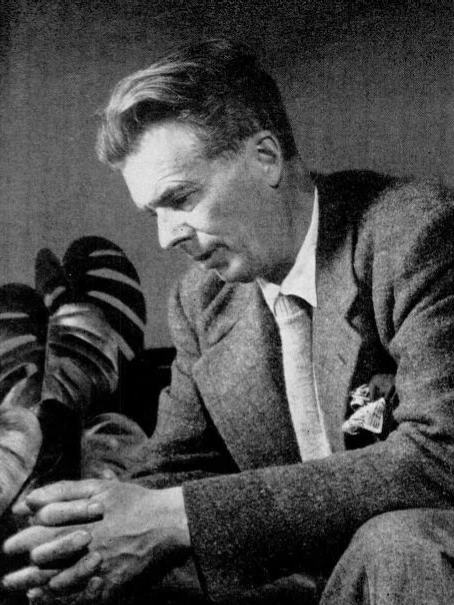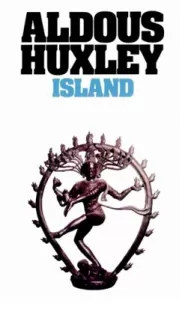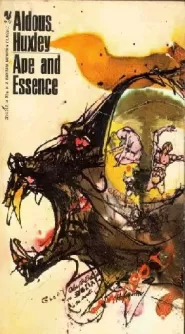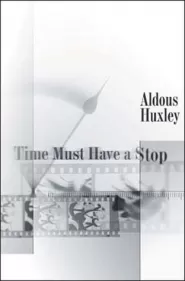Brave New World
The astonishing novel Brave New World, originally published in 1932, presents Aldous Huxley's vision of the future – of a world utterly transformed. Through the most efficient scientific and psychological engineering, people are genetically designed to be passive and therefore consistently useful to the ruling class. This powerful work of speculative fiction sheds a blazing critical light on the present and is considered to be Huxley's most enduring masterpiece.
Aldous Huxley
Aldous Leonard Huxley (1894–1963) was an English writer and one of the most prominent members of the famous Huxley family. He spent the later part of his life in the United States, living in Los Angeles from 1937 until his death in 1963. Best known for his novels including Brave New World and wide-ranging output of essays, he also published short stories, poetry, travel writing, and film stories and scripts.
Aldous Huxley was a humanist and pacifist, and he was latterly interested in spiritual subjects such as parapsychology and philosophical mysticism. He is also well known for advocating and taking psychedelics.





